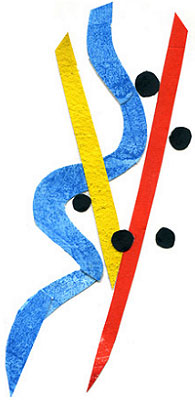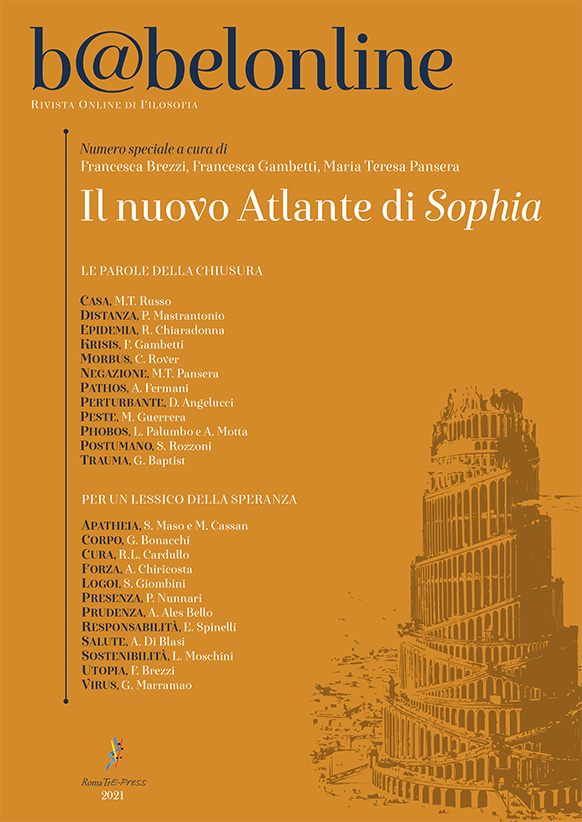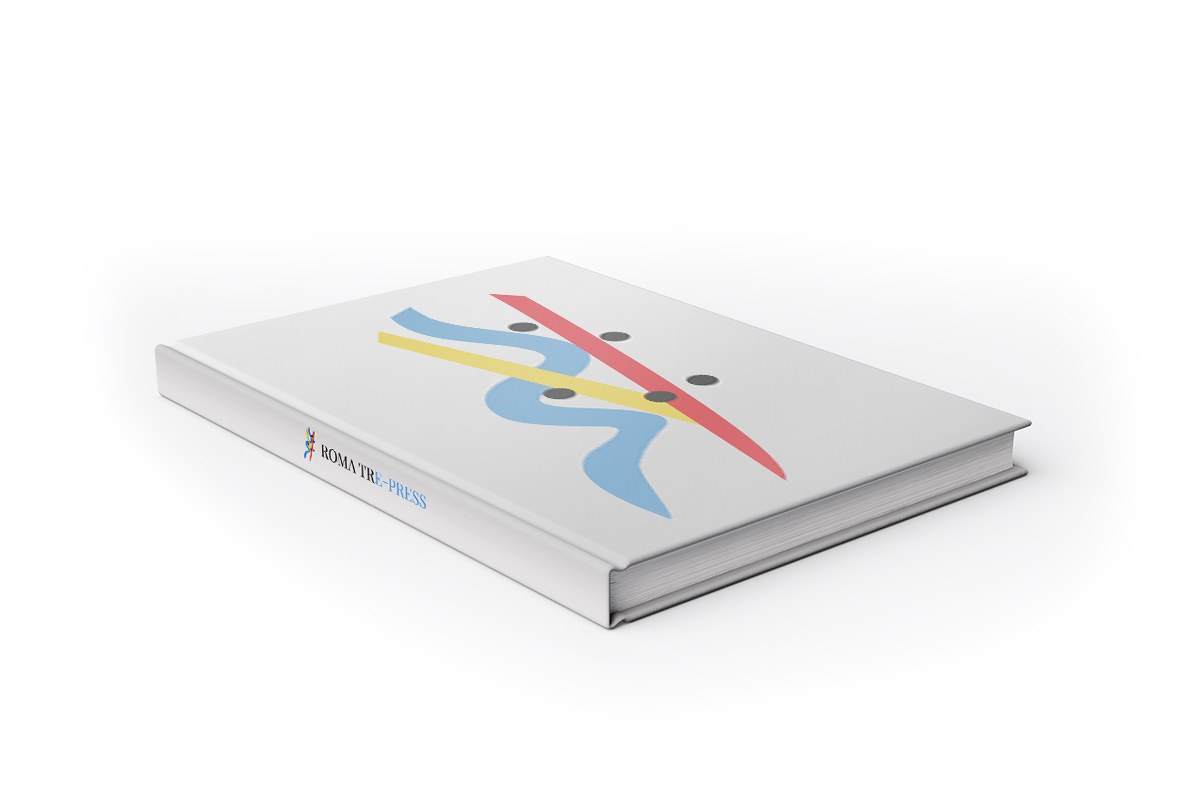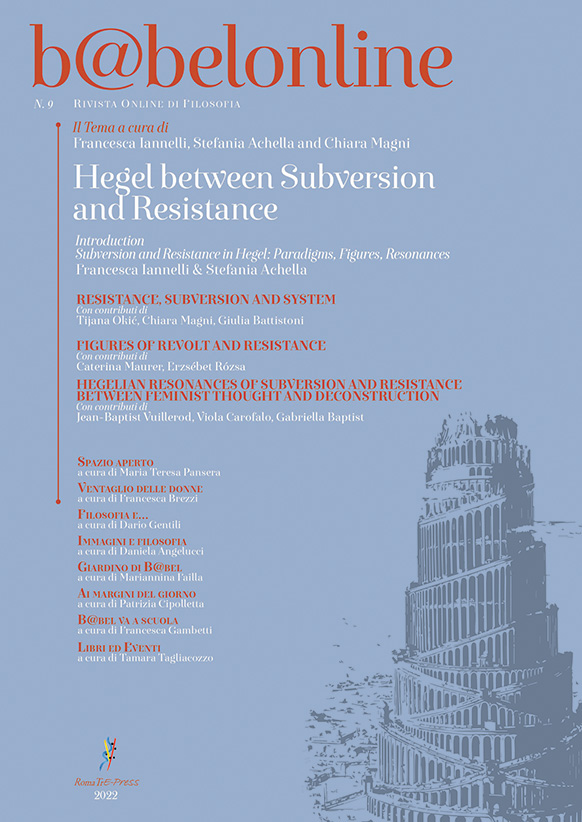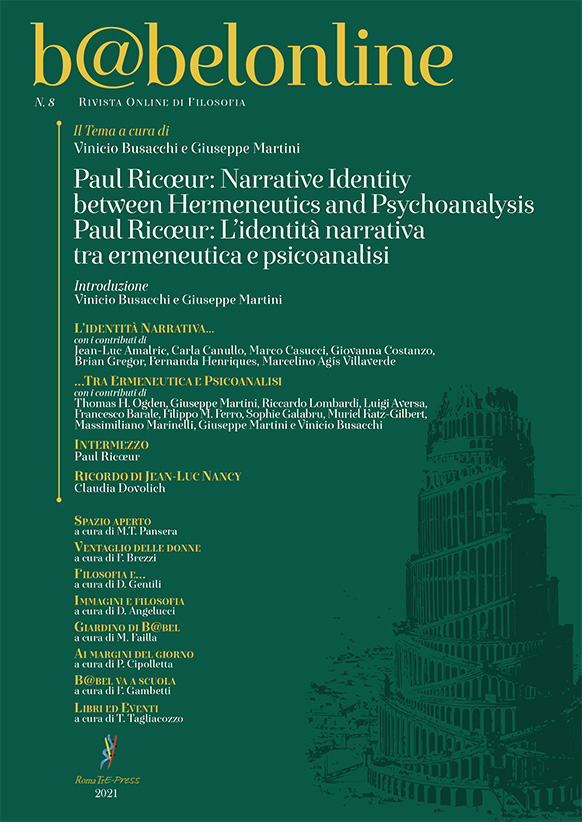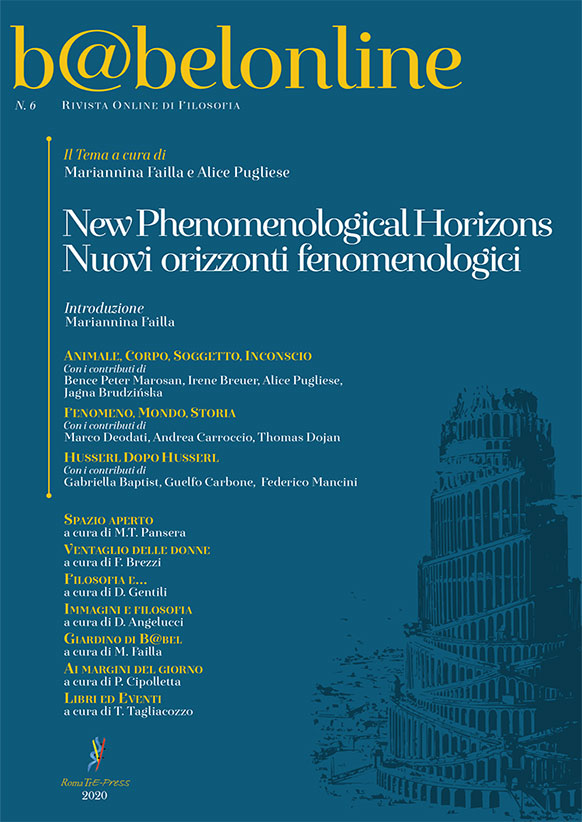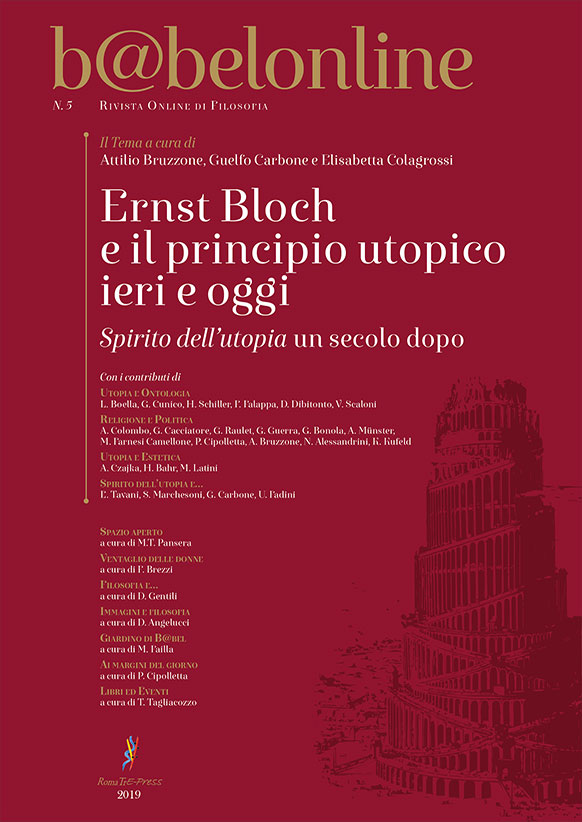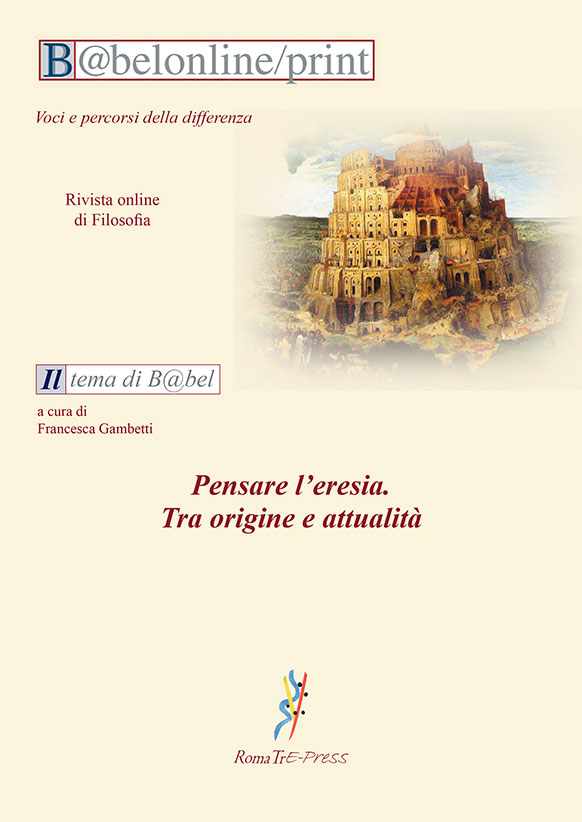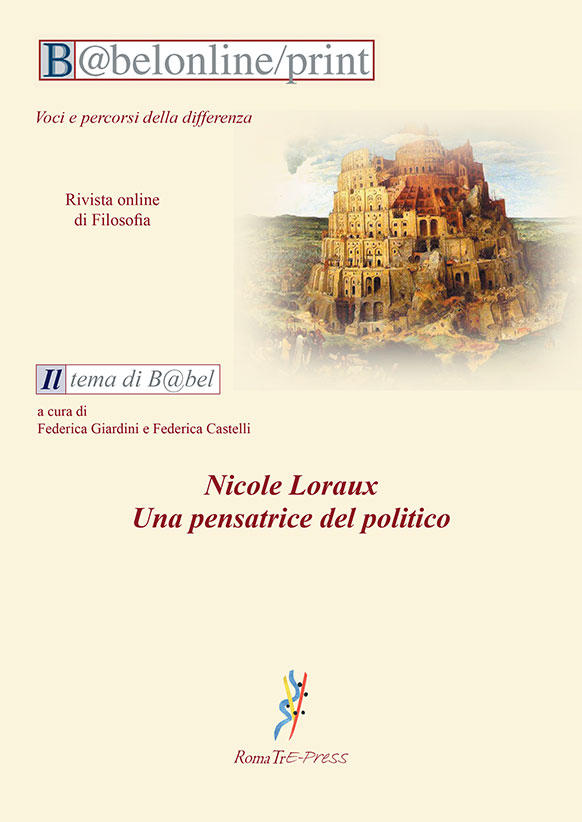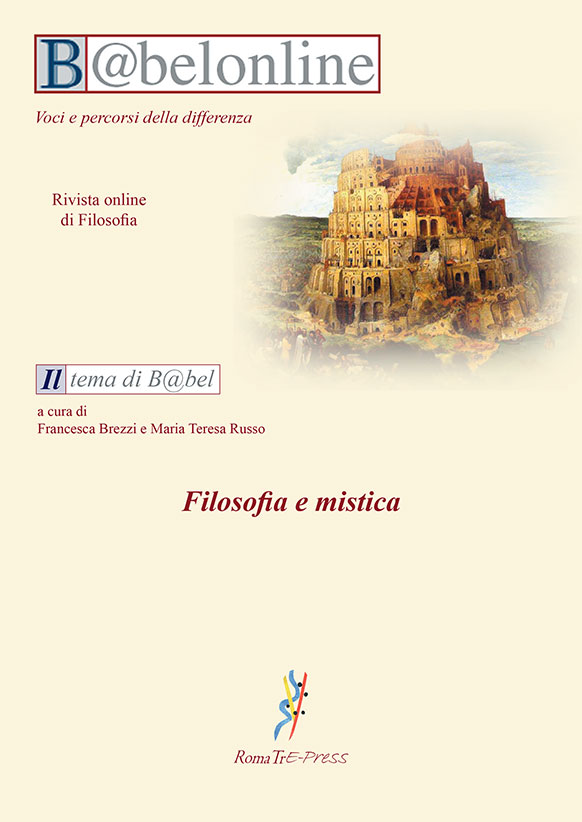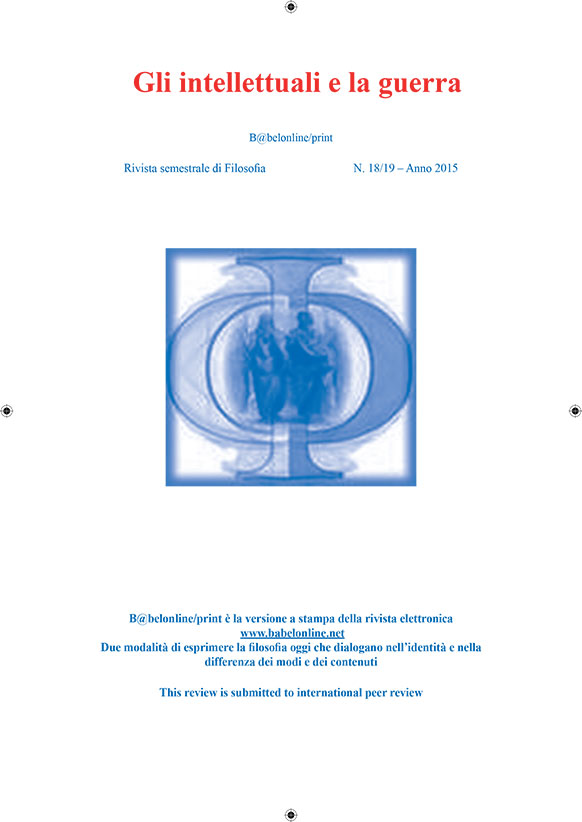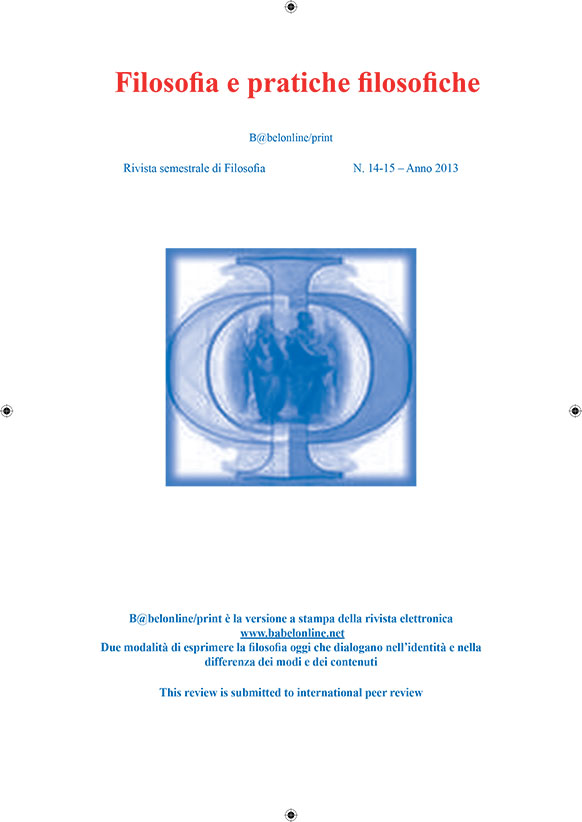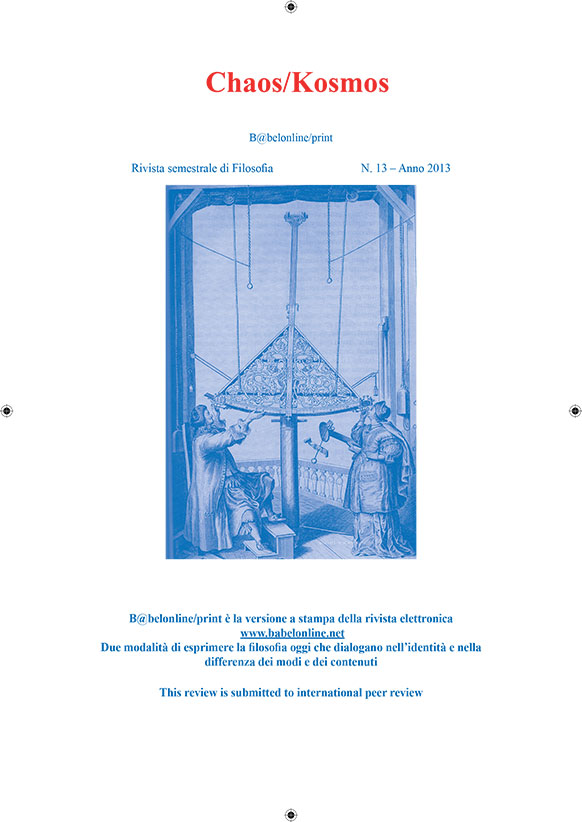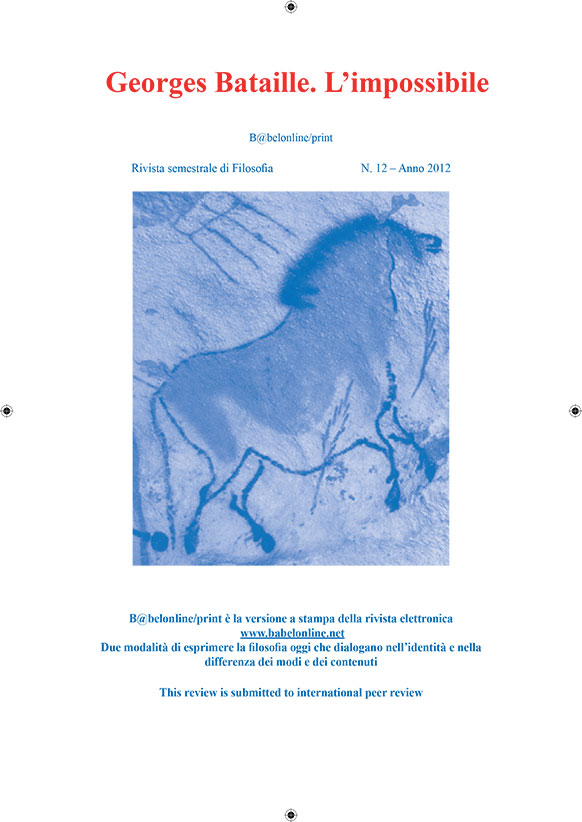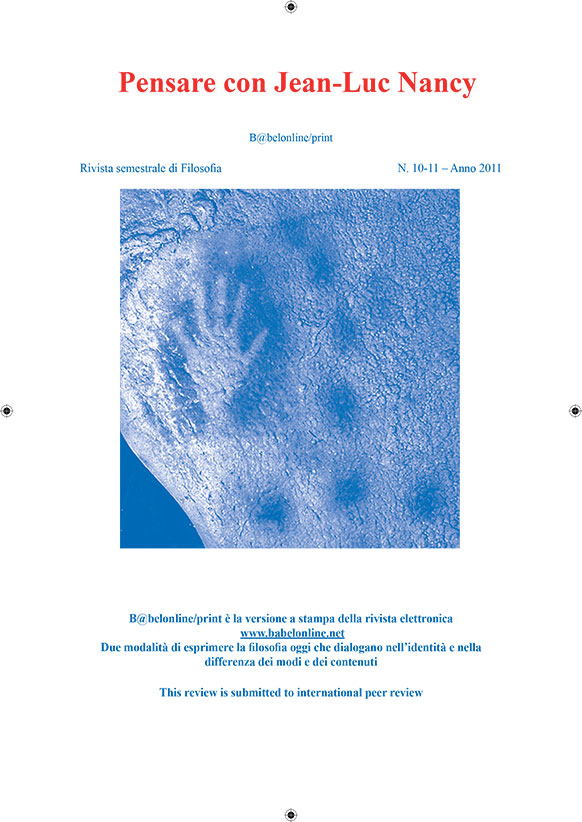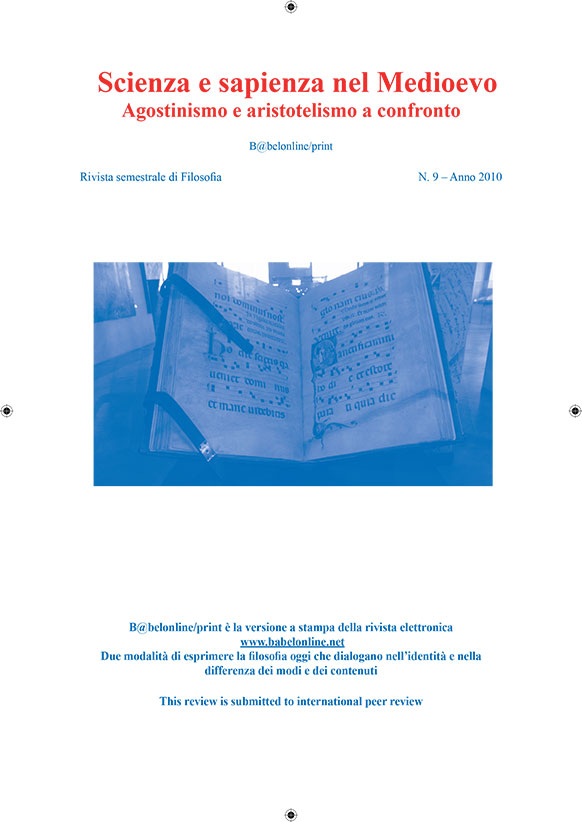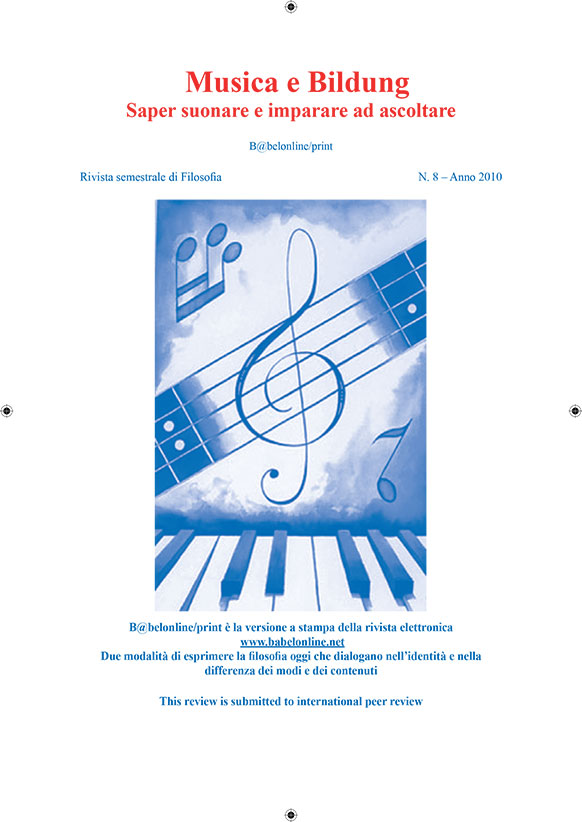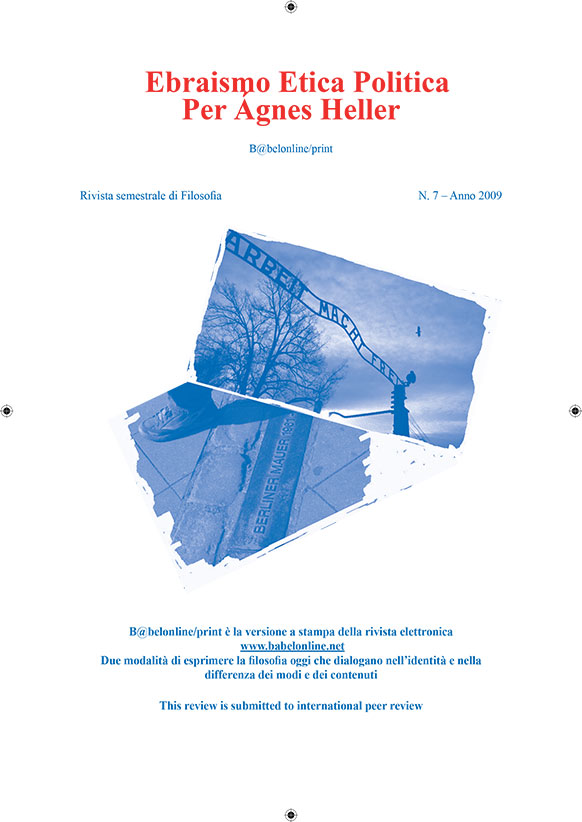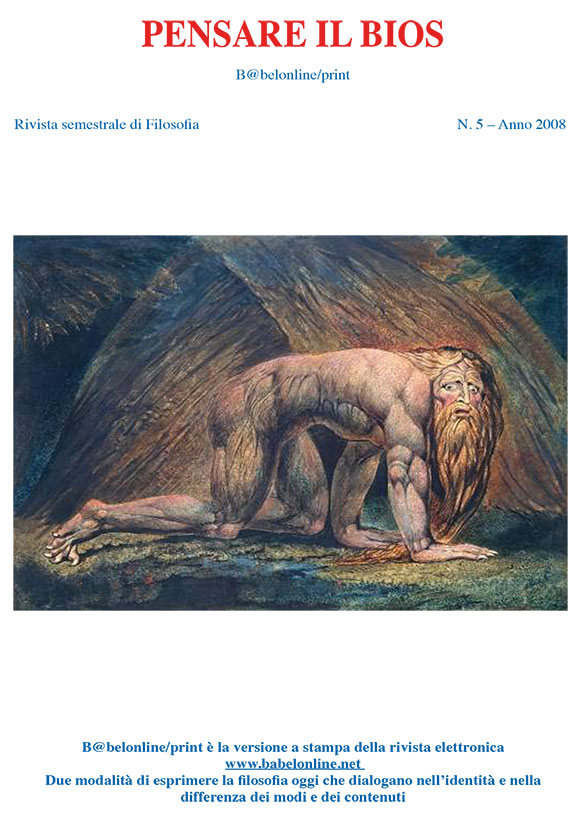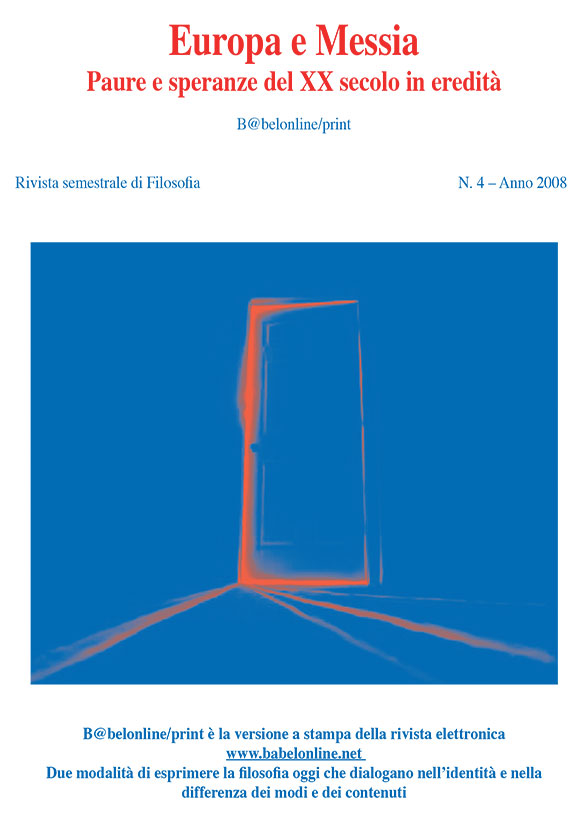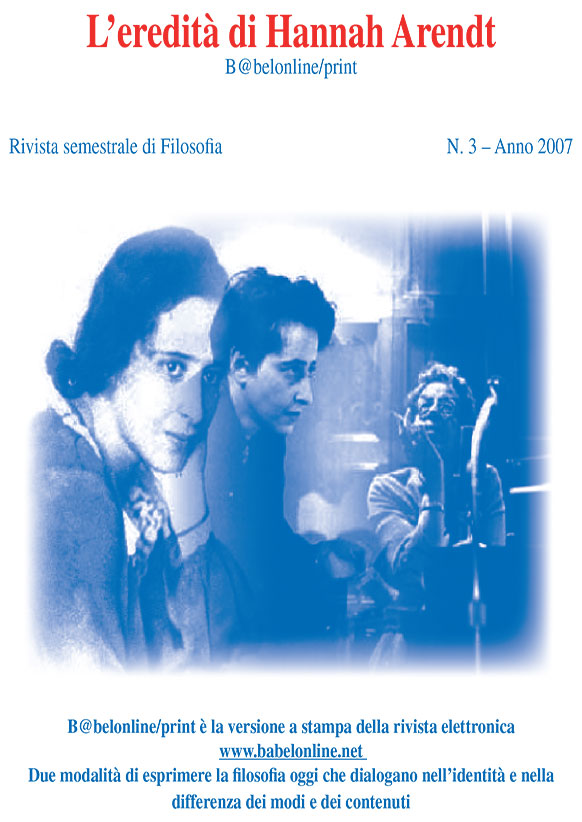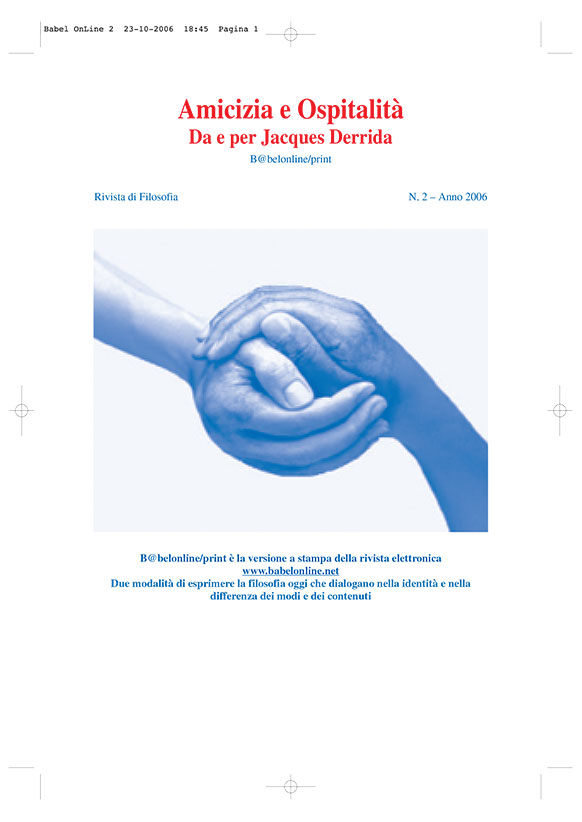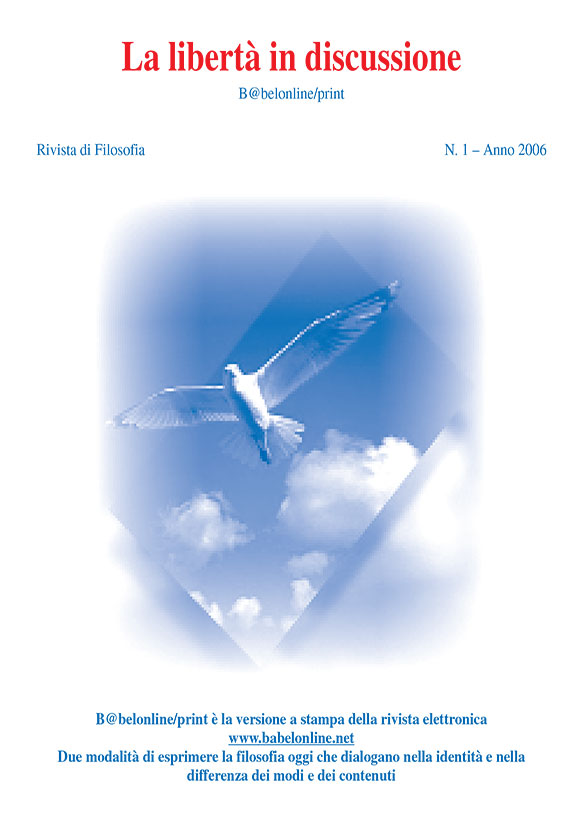Abstract

Questo numero speciale di B@belonline, vuole essere una sorta di instant-book sulle tematiche tragiche del 2020, un anno in cui il mondo è stato colpito da una pandemia devastante e inaspettata, i cui effetti sulla vita personale, comunitaria e sociale aumentano con il trascorrere del tempo. La scienza in tutte le sue declinazioni ha parlato, non solo tecnici e economisti, ma anche sociologi e psicologi; da tutti una parola di autorevolezza, finora unici punti di riferimento per noi smarriti abitanti di un mondo improvvisamente deserto. In questa agorà forse è mancata la parola di filosofe/i, proprio quando invece sarebbe stata necessaria anche una riflessione critica da parte loro. Ma di quale filosofia si tratta? Certamente di quella turbata e smarrita, non di quella trionfante, dispensatrice di certezze, quella del quaerere non dell’affirmare, quella del “pensiero senza ringhiera” di Hannah Arendt. Nella consapevolezza della profonda influenza che linguaggio e pensiero esercitano sulla realtà e viceversa, il fascicolo raccoglie una piccola ma significativa costellazione di termini chiave destinati non solo agli addetti ai lavori, ma a tutti coloro che, frastornati e in cerca di senso, trovano nel lessico filosofico una lente per comprendere la difficile realtà presente. L’Atlante si divide in due parti: la prima raccoglie i lemmi ‘decostruttivi’, che prendendo atto della situazione critica, cercano di chiarire e mettere a tema gli aspetti ‘negativi’ della pandemia. La seconda parte invece presenta quelli che possono essere i termini positivi, che permettono di vedere la luce in fondo al tunnel e di costruire una nuova concezione della comunità umana e della biosfera. Anche in una devastante pandemia infatti può esserci del buono, si può apprendere come affrontare l’inatteso, come agire per il futuro, come comportarsi affinché ci sia un futuro.

This special edition of B@belonline aims to be a kind of instant book on the tragic themes of 2020. During this year the world was hit by a shocking and devastating pandemic, whose effects on personal lives, communities and societies have intensified with the passage of time. Science, in all its guises, has addressed these issues. Not only technical experts and economists but also sociologists and psychologists, have provided authoritative views that have been the only compass for all of us, inhabitants of a world that suddenly became deserted. In this market square of thoughts, one voice has perhaps been missing, the philosophers’ voice, right at that time when a critical reflection from them would have been needed. But which type of philosophy? A perturbed and lost philosophy, for sure, rather than a triumphant, self-assured, certain philosophy. A philosophy of quaerere rather than affirmare, the philosophy of the “thought without barriers” espoused by Hannah Arendt. Aware of the profound influence that language and thought exert on reality, and vice versa, this edition contains a small but significant constellation of keywords. They are aimed not only at the experts but also at those who, discombobulated and in search of meaning, find in a philosophical lexicon a useful lens to comprehend current difficulties. The Atlas is split into two parts. The first focuses on the “deconstructive” keywords. Taking note of the critical situation, these words try to clarify the “negative” aspects of the pandemic. The second part, on the other hand, focuses on those keywords that can be regarded as positive. They allow us to see the light at the end of the tunnel and to build a new concept of the human community and of the biosphere. Even in a devastating pandemic some good can be found, we can learn how to face the unexpected, how to act in the future and how to act to ensure there is a future.
